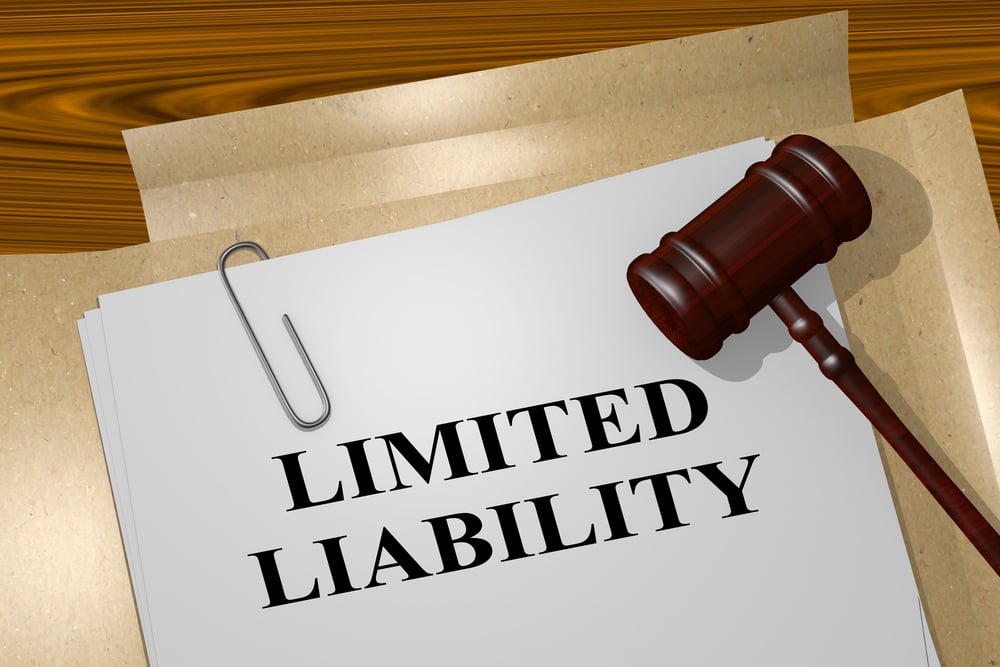
11:10 AM, 11th December 2023, About 5 months ago 3
Text Size
For landlords in the United Kingdom, choosing the right ownership structure for their property investments is a critical decision. Among the various options available, one that stands out for its advantages is the Limited Liability Ownership Structure. This structure offers several benefits that can help landlords protect their assets, reduce personal financial risk, and streamline their operations. In this blog, we will explore the key advantages of adopting a Limited Liability Ownership Structure for UK landlords.
One of the primary benefits of a Limited Liability Ownership Structure is the protection it offers to a landlord’s personal assets. In this structure, the landlord’s liability is limited to the amount they have invested in the property. This means that in the event of a legal dispute or financial crisis, personal assets such as savings, investments, and even their primary residence are shielded from potential claims or creditors related to the property.
For landlords, this is a crucial advantage as it ensures that their personal financial security remains intact, even if their property investment faces unforeseen challenges or liabilities.
Limited liability companies (LLCs) and limited liability partnerships (LLPs) are popular choices for landlords in the UK. These structures offer tax benefits by allowing landlords to offset certain expenses, such as mortgage interest and property maintenance costs, against rental income. This can lead to significant tax savings compared to owning properties as an individual.
Additionally, landlords operating through an LLC or LLP may have more flexibility in managing their tax liabilities, including options for income distribution among members, making it easier to optimize their tax affairs.
A Limited Liability Ownership Structure can enhance a landlord’s professional image. It demonstrates to tenants and partners that the landlord is committed to managing their property investments responsibly. This can be particularly appealing to high-value tenants and business partners who may prefer to engage with landlords operating under a structured business entity.
A professional image can also boost a landlord’s reputation within the industry, potentially attracting more opportunities and partnerships in the long run.
Another benefit of Limited Liability Ownership Structures is that they often streamline property management. The separation between personal and business assets makes it easier to track income and expenses related to the property. This can result in more accurate financial reporting and simplified accounting processes.
Additionally, if there are multiple owners or investors involved, having a structured entity like an LLC or LLP can facilitate transparent decision-making and dispute-resolution mechanisms.
Limited Liability Ownership Structures can also play a crucial role in estate planning for landlords. Through these structures, landlords can designate beneficiaries and establish a clear plan for the future of their property investments. This can help minimize potential disputes among heirs and ensure the seamless transfer of property assets in case of unforeseen events.
Conclusion
In conclusion, a Limited Liability Ownership Structure offers UK landlords a range of benefits that can enhance their financial security, tax efficiency, and overall property management experience. By protecting personal assets, providing tax advantages, presenting a professional image, simplifying management, and aiding in estate planning, this ownership structure is a valuable tool for landlords looking to optimize their investments and minimize risks.
However, it’s essential for landlords to consult with legal and financial professionals to determine the most suitable ownership structure for their specific needs and circumstances. With careful planning and the right structure in place, landlords can maximize the benefits and potential returns on their property investments while safeguarding their personal assets.
Previous Article
Open A Business Bank Account In Minutes
Mark C
10:25 AM, 13th February 2024, About 2 months ago
I have limited companies but the lenders negate limited liability by making you sign a personal guarantee.
Whilst I find it better for all the other points you mention I can't see how you limit liability.
It has always been a bug bear for me that lenders charge more for Ltd Co mortgages under the pretence that it's more "risky" which they have negated baby the personal guarantee.
Stephen P
10:57 AM, 6th April 2024, About 3 weeks ago
You have written that "Limited liability companies (LLCs) and limited liability partnerships (LLPs) are popular choices for landlords in the UK. These structures offer tax benefits by allowing landlords to offset certain expenses, such as mortgage interest ...". Has there been a change in the tax situation as I have been told that the partners in LLPs still pay tax as individuals and cannot claim mortgage interest against profits?
Stella
13:14 PM, 6th April 2024, About 3 weeks ago
Reply to the comment left by Stephen P at 06/04/2024 - 10:57
My understanding of an LLP is that the
advantage comes when there are partners who do not pay higher rate tax or better still if they are not making use of their tax allowances.
These could be used to reduce the tax rate to 20% and there would also be a 20% allowance for (finance) which would mean mortgage costs.
I am not a tax expert but I assume that this might be what they are referring to.